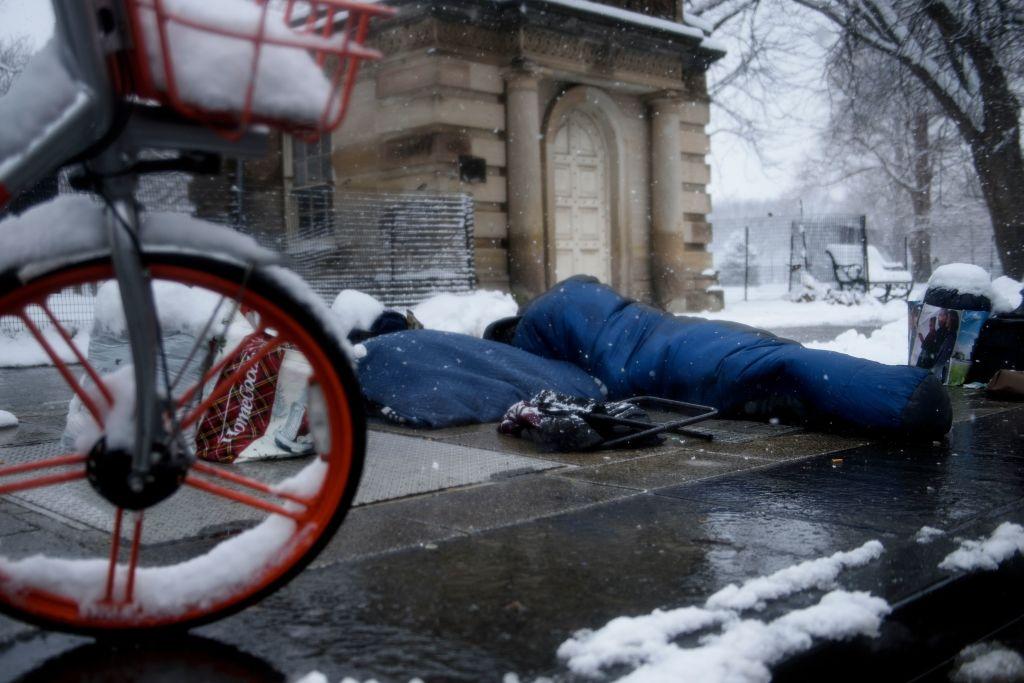With the winter season only a few weeks away, Americans are facing the prospect of having to pay high heating costs in order to stay warm, something which many believe will add pressure on people who are already struggling with elevated inflation rates.
According to Mark Wolfe from the nonprofit National Energy Assistance Directors Association (NEADA), around one in six households are estimated to be behind paying their utility bills following a hot summer that forced them to keep air conditioners running for longer than usual. Households now are being forced to balance energy bills against the rising prices of food, gas, and medicine. “We’re looking at a potential public health crisis,” Wolfe said to USA Today.





